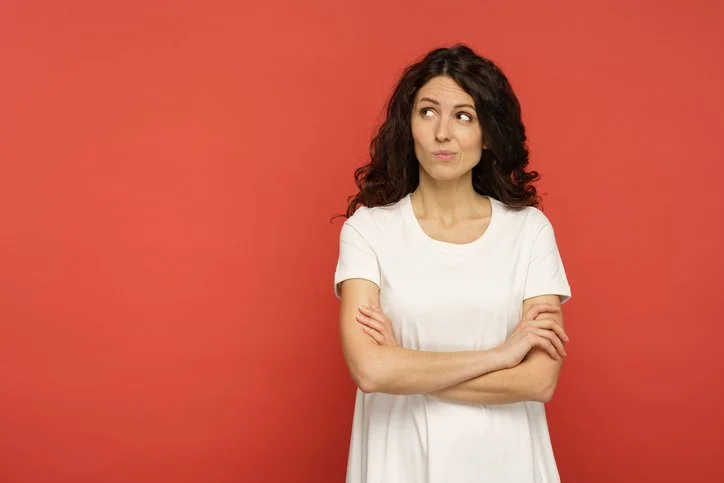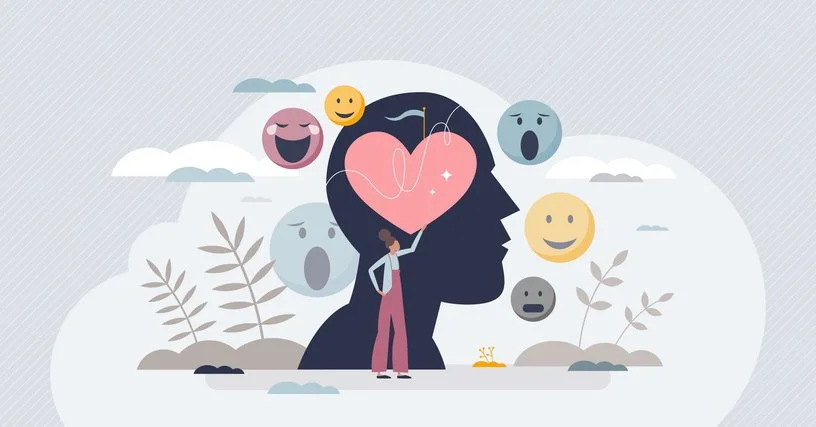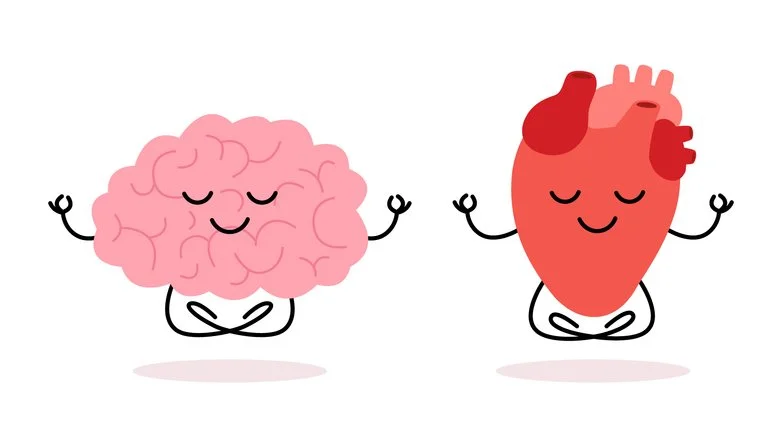Observing Without Judging: A Path to True Wisdom in a Divided World
By Joy Stephenson-Laws, Holistic Coach, J.D., Founder
In today’s world, it can feel almost impossible to stay calm and kind. Every time you scroll through social media, watch the news, or even talk to friends, it seems like people are arguing, taking sides, and labeling each other.
But what if there was a better way to move through all this chaos — a way that made you smarter, calmer, and even healthier?
It starts with understanding the difference between observing and judging.
Observing vs. Judging: What’s the Difference?
At first glance, observing and judging might seem similar. Both involve noticing what’s happening around you. But in truth, they are worlds apart.
Observation means you simply notice something as it is, without immediately deciding if it’s good or bad, right or wrong.
Judgment is when you instantly add your personal opinion and label it.
For example, imagine you're at school and someone is wearing a hat supporting a political candidate you don’t like.
If you observe, you simply notice: "They’re wearing a hat supporting that candidate."
If you judge, you might instantly think: "They must be ignorant, mean, or part of the problem."
That extra emotional label — often formed in just a second — is judgment. And it changes everything.
Observation leaves you open. Judgment locks you into fear, anger, or superiority.
Why It Matters in a Divided World
In today’s political climate, judgment runs high. It divides families, ends friendships, and fuels tension. Science shows that constantly judging others and reacting emotionally can harm your mental health, strain relationships, and keep your brain locked in stress.
A 2024 study in Frontiers in Psychology found that people who practiced non-judgmental awareness — noticing their thoughts and feelings without labeling them — experienced lower anxiety and stress, and greater life satisfaction. In contrast, those who were judgmental but observant reported the highest anxiety and emotional distress.
The takeaway? Choosing observation over judgment doesn’t just make you kinder — it makes you healthier, calmer, and more emotionally resilient.
A study published in Social Cognitive and Affective Neuroscience by Taren et al. (2015) demonstrated that individuals who underwent mindfulness meditation training exhibited reduced resting-state functional connectivity between the amygdala—an area of the brain associated with stress responses—and other regions involved in emotional processing. This suggests that mindfulness practices, which emphasize non-judgmental awareness, can modulate brain activity related to stress and emotional regulation.
These findings underscore the potential of non-judgmental observation to foster emotional resilience and improve mental well-being.
In other words, observation calms your mind and strengthens your ability to think clearly, while judgment keeps you locked in fear and anger.
A Political Example: Staying Open When You Disagree
It’s not always easy. We live in a society that teaches us from a young age to make quick judgments: who's popular, who's smart, who's "good" or "bad."
And with politics so intense right now, it’s tempting to label anyone who disagrees with us as stupid, dangerous, or even evil.
But taking a breath, observing instead of judging, opens a door that judgment slams shut.
When you observe someone supporting a political movement you disagree with, you don't have to agree with them. But you can stay curious instead of hateful. You might wonder, "What experiences shaped their views?" or "What fears or hopes are driving them?"
This kind of open-mindedness doesn't make you weak. It actually makes you wiser and stronger.
It gives you the power to respond instead of react. It helps you have real conversations instead of shouting matches. And it protects your heart from becoming bitter.
What Happens in Your Brain When You Observe, Not Judge
Mindfulness researchers have found that practicing non-judgmental observation can actually change the structure of your brain. In a landmark study published in Psychiatry Research: Neuroimaging, Hölzel and colleagues (2011) showed that participants who completed an eight-week Mindfulness-Based Stress Reduction (MBSR) program developed increased gray matter density in brain regions associated with learning, emotional regulation, and compassion — including the hippocampus and posterior cingulate cortex (Hölzel et al., 2011).
These changes suggest that regularly observing your thoughts and emotions — without rushing to judge them — can physically strengthen the parts of your brain that help you stay calm, focused, and kind.
In short, judgment creates inner tension and stress. Observation creates peace — both in your mind and in your body.
How You Can Begin Observing Today
Practicing observation instead of judgment doesn't require anything fancy.
It starts with small, simple moments.
When you notice yourself getting annoyed at someone's opinion, appearance, or behavior, take a breath.
Ask yourself:
"Am I seeing what’s really happening, or am I adding my own story to it?"
If you can pause and simply notice — without labeling, blaming, or assuming — you’re observing.
It might feel strange at first. We’re so used to snapping to judgment.
But the more you practice, the easier it becomes.
And over time, you’ll notice something beautiful:
You’ll feel calmer, more connected to others, and more in control of your own mind and heart.
The Bigger Picture: Why Observation Matters
At its heart, observing without judging is an act of kindness.
It’s choosing understanding over anger, peace over stress, wisdom over impulse.
In a divided world, this isn’t just nice — it’s essential.
If more people learned to observe instead of judge, we wouldn’t just have fewer arguments.
We’d have a world with more listening, more learning, and more genuine connection.
And it can start with you.
Reflection Activity: Practicing Observation in Your Life
Before you rush to judge someone today — whether it’s a classmate, a stranger, or even yourself — pause for a moment.
Take a deep breath and ask yourself:
"What am I truly seeing here, without adding my opinion?"
Then reflect on these simple questions:
What did I notice when I observed without judging?
How did it feel different from rushing to judgment?
Did I discover something new — about the situation, or about myself?
You might want to keep a small notebook or phone note where you write down one moment each day when you chose to observe instead of judge.
Over time, you’ll start to see patterns — and you might even notice more peace growing inside you.
Remember:
Observation is not weakness.
It’s wisdom in action.




